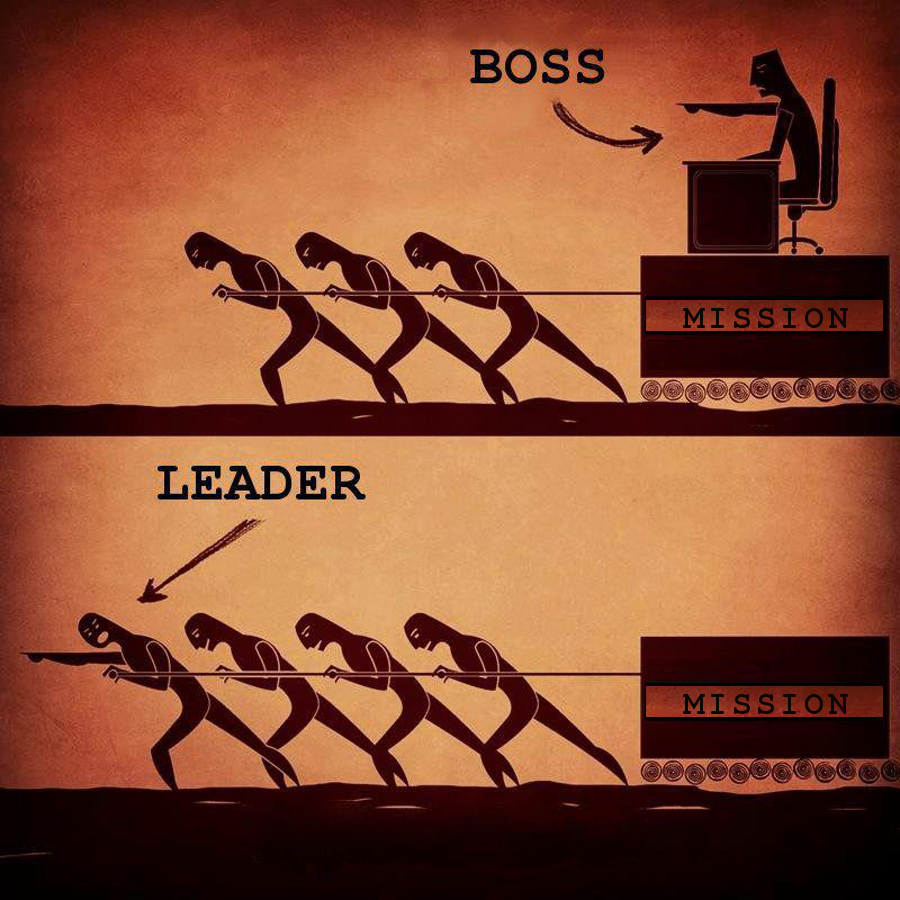Network Engineering, Musical Chairs
I hear this rule regarding changing jobs frequently as a Network Engineer, focused primarily on maximizing income potential; I believe there must be some exceptions to this.
I have been with a consulting firm for going on 6 8 years now, working on larger scale enterprise projects. While my compensation package isn't terrible by any stretch of the imagination, I could probably gather a couple certs to more accurately represent my skill-set and seek a little more cheese; but truth be told, I simply wouldn't consider leaving. Between the type of projects that I get to take part in and the people I work with, I feel like I struck gold with this opportunity.
Maybe because this is my first official position as an engineer, having left a textbook hostile work environment with a terrible corporate culture and poor management; rather likely due to how dynamic my projects are, the amazing work culture, and the outstanding leadership.
Even though we're considered a smaller firm based solely on employee count, we primarily architect and implement enterprise network solutions for larger scale gaming, hospital, etc. environments. Each project that I've taken part in has given me an opportunity (or forced me, in some cases... looking at you, ACI) to learn something new and grow as an engineer.
Having said all of that, I suppose my situation may be the exception to this rule; but I'm still left wondering if this musical chairs ideology is really a hard and fast rule for success and/or happiness in this field?
I guess it boils down to an individual's values or preference. Based on what I consider to be my fortunate employment situation, I have to admit that I'm a bit biased towards staying settled. I much prefer this over the constant pursuit of that next opportunity with a hopeful salary bump.
Update 2019/5/14
Adding a couple cheesy (but on-point) info-graphics comparing true leaders to sub-par bosses or managers. Leaders develop, support, guide and appreciate their work force; versus cracking whips with demanding and unrealistic expectations of personal sacrifice.


